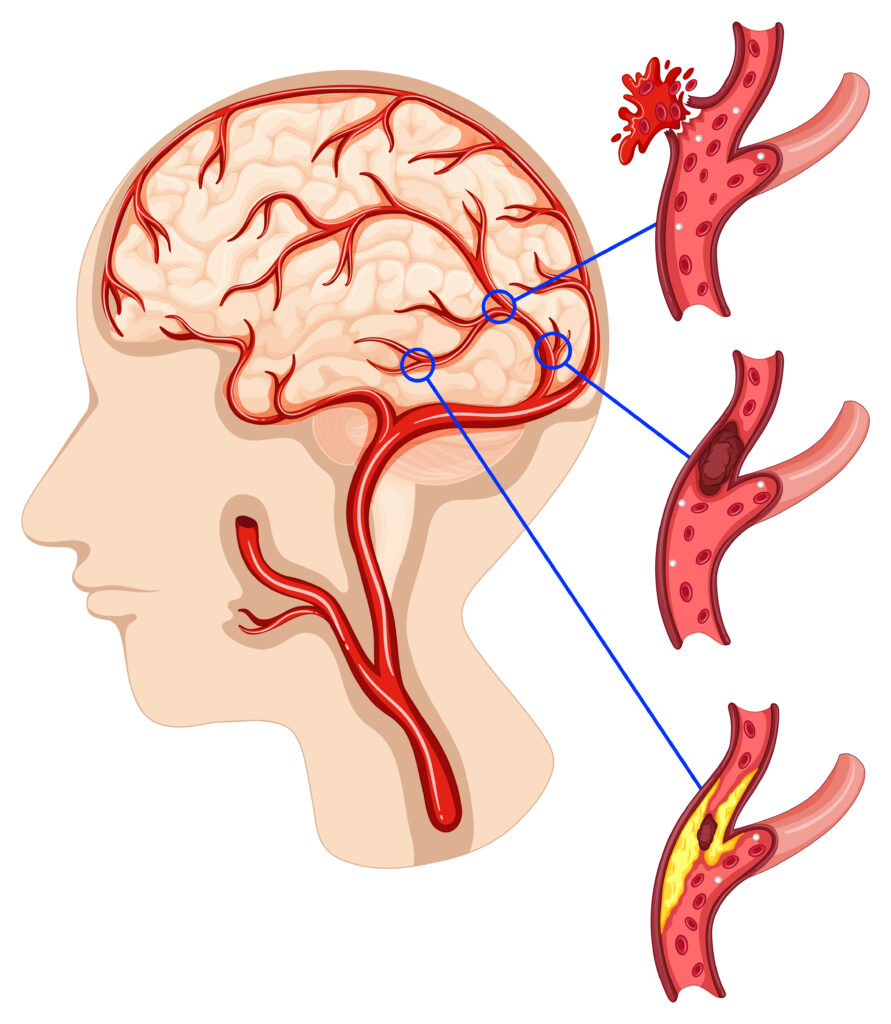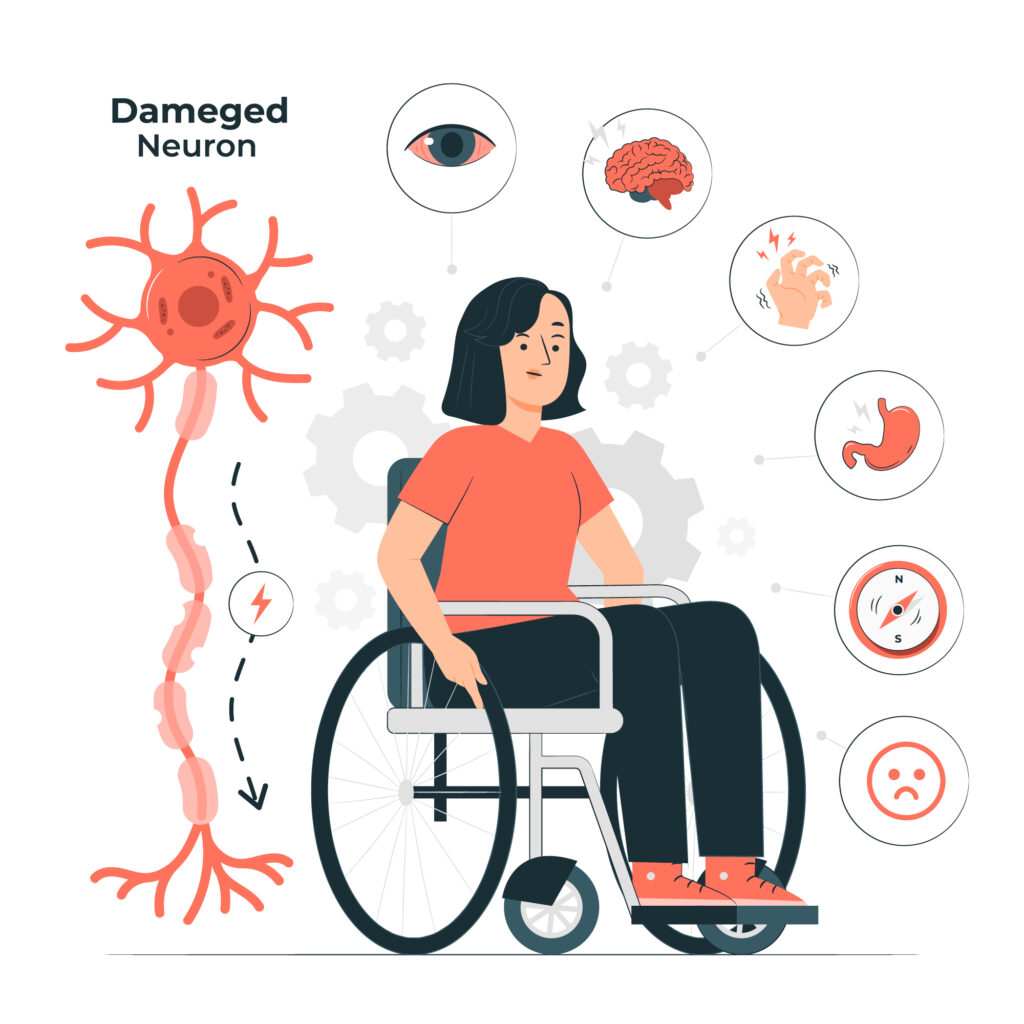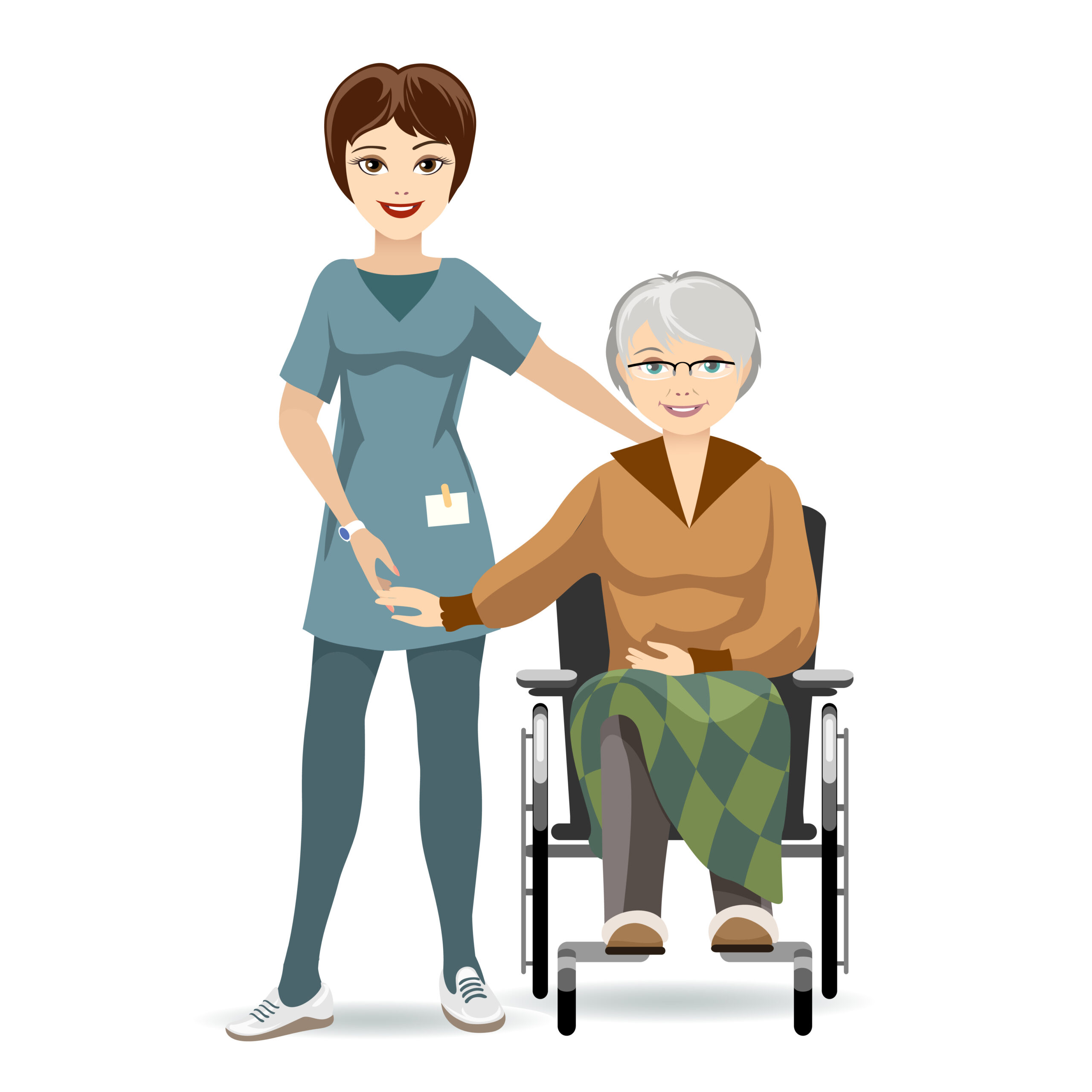Paralysis
Home > Department of Neurology > Pralysis
About
Paralysis
In order to treat paralysis, the underlying reason must be found. This frequently requires diagnostic tests like imaging scans performed by neurologists. Medical treatments are customised to treat a particular ailment and may involve medication, surgery, or specialised therapy. Treatment for paralysis must include rehabilitation, which uses physical and occupational therapy to improve muscle strength, coordination, and movement. Wheelchairs and braces are examples of assistive equipment that helps increase independence and mobility. Enhancement of muscular tone and stimulation can be achieved by electrical stimulation therapy. Recreational activities and sports treatment support mental and physical health, improving mobility and general quality of life. The emotional difficulties associated with paralysis are managed with counselling and psychological help. Calling emergency services and making sure the area is safe are essential first steps in an emergency. Key components of paralysis care include lifestyle maintenance, preventative interventions, and routine examinations to identify and address relevant risk factors.



